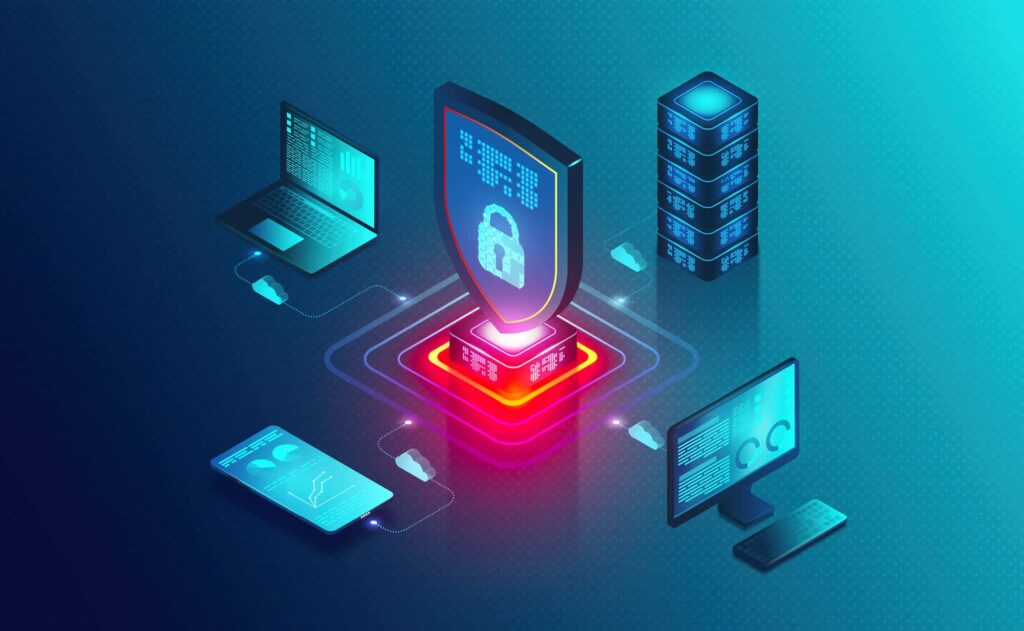Universities are unique ecosystems where the exchange of vast amounts of information occurs daily among students, faculty, and staff. This environment, coupled with the extensive use of technology in education, makes universities prime targets for cyberthreats. Educating both employees and students about these threats is crucial for maintaining the integrity and security of university systems and data. This article outlines five strategies that universities can employ to enhance cybersecurity awareness within their communities.
1. Integrate Cybersecurity into the Curriculum
Educational Integration: One effective way to educate students about cyberthreats is by integrating cyber security topics into the curriculum. This can be done through dedicated courses or by incorporating cyber security modules into existing courses across various disciplines. By making cybersecurity education a part of the academic journey, students can gain a deeper understanding of the importance of digital security in their personal and professional lives.
2. Conduct Regular Training and Workshops for Staff and Faculty
Targeted Cyber Security Awareness Training for Employees: Employees, including faculty and administrative staff, are crucial in maintaining the cyber security posture of the university. Regular training sessions and workshops should be conducted to keep them informed about the latest cyber threats and best practices for digital security. These sessions can cover topics like phishing, password security, data protection, and safe online behavior.
3. Utilize Interactive and Engaging Learning Tools
Engaging Cybersecurity Education: To effectively convey the importance of cybersecurity, universities should use interactive and engaging tools such as gamification, simulations, and real-world case studies. These methods can make learning about cyber security more relatable and memorable, especially for students who are digital natives.
4. Foster a Culture of Open Communication and Reporting
Encouraging Reporting and Dialogue: Encouraging a culture where students and employees feel comfortable reporting suspicious activities and discussing cyber security issues is vital. Universities should establish clear channels for reporting cyber incidents and actively encourage their use. Open forums, Q&A sessions, and regular communications can help in building this culture of openness and vigilance.
5. Collaborate with Cybersecurity Experts and Institutions
External Collaboration and Resources: Collaborating with cybersecurity experts and institutions can provide universities with valuable insights and resources. This could involve inviting guest speakers, participating in cybersecurity conferences, or utilizing educational resources from government and cybersecurity organizations. Such collaborations can enhance the quality of cybersecurity education provided to the university community.
Conclusion
Universities play a pivotal role in shaping the cybersecurity awareness and practices of their students and employees. By implementing these strategies, they can create a more secure and informed community that is better equipped to face the challenges of the digital age.
Additional Resources
- Educause – Higher Education Information Security Council
- National Cyber Security Alliance – Stay Safe Online

